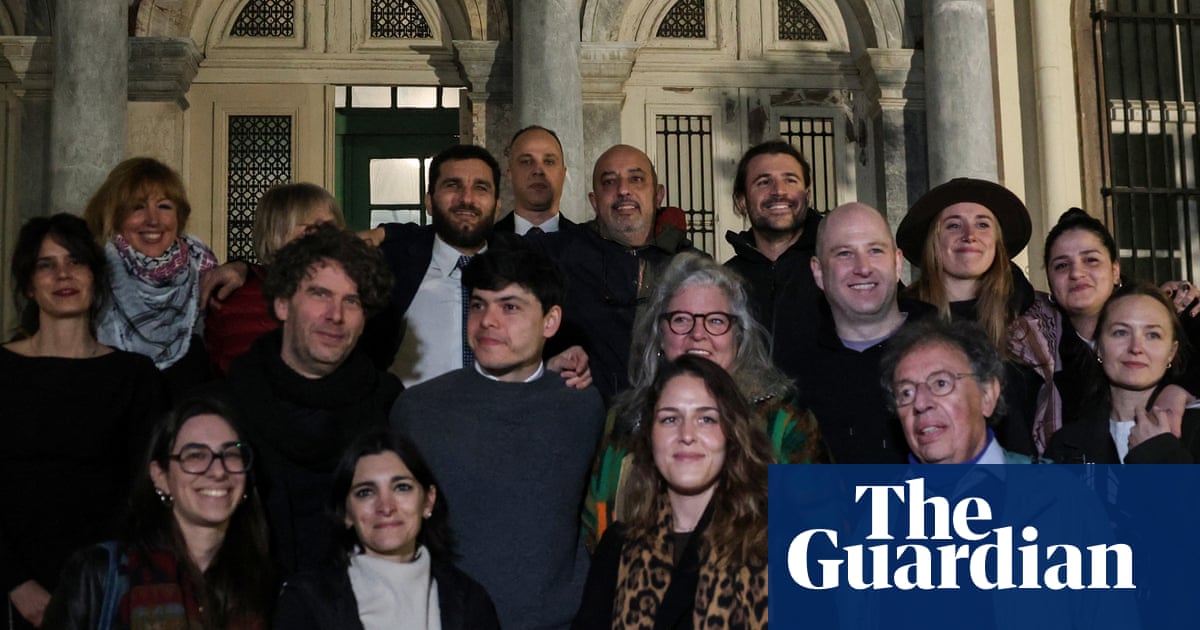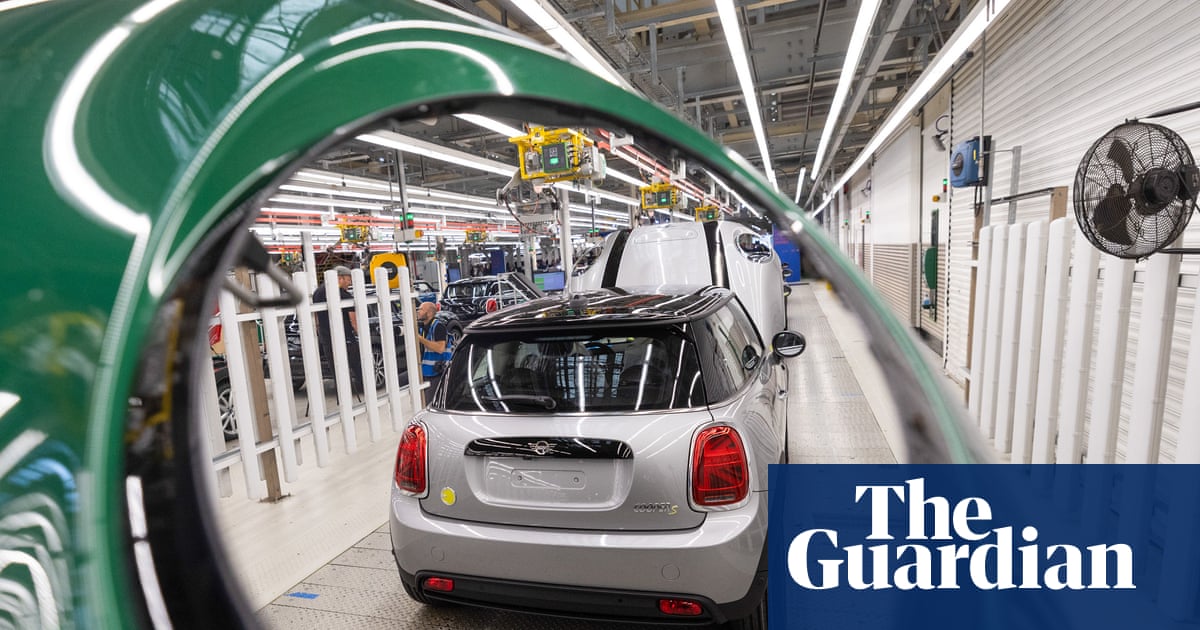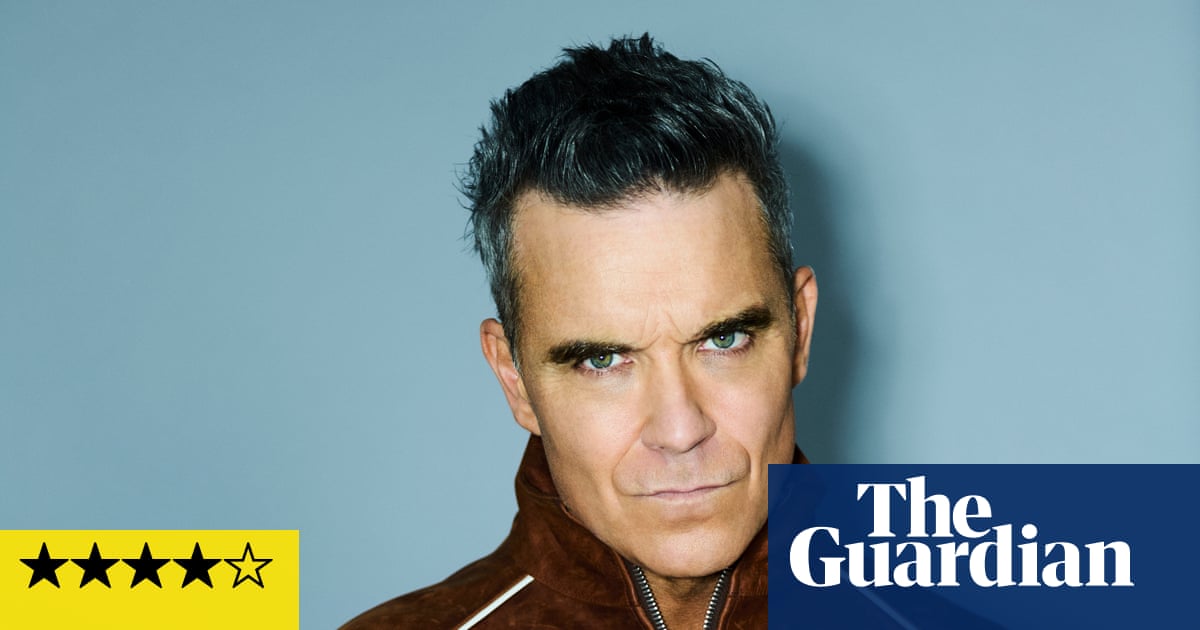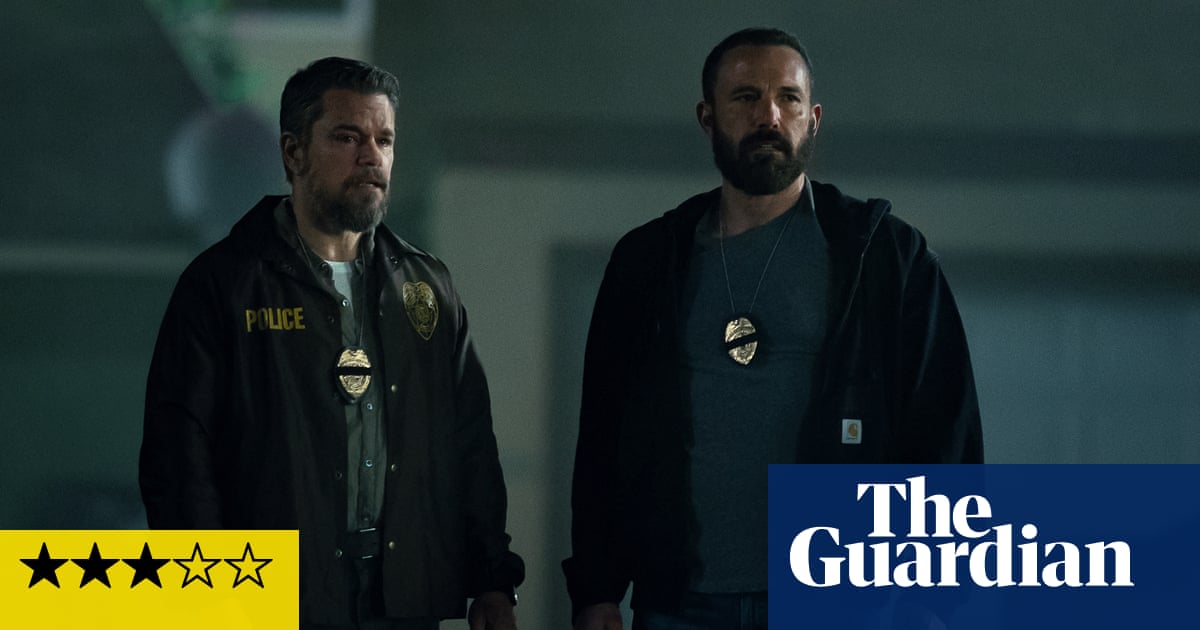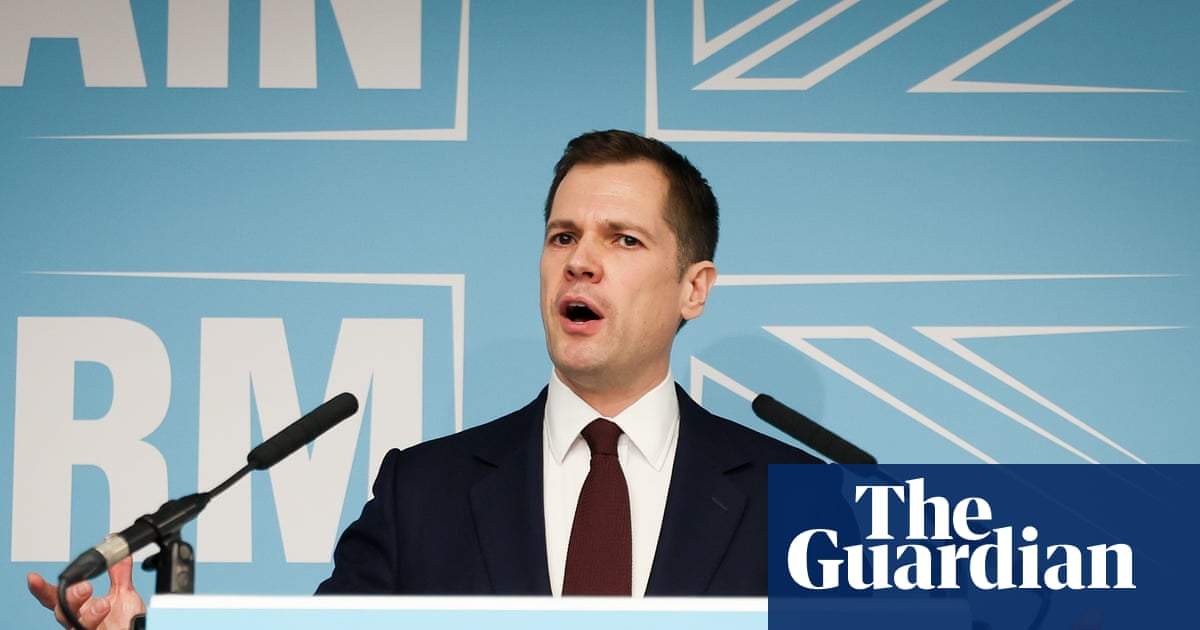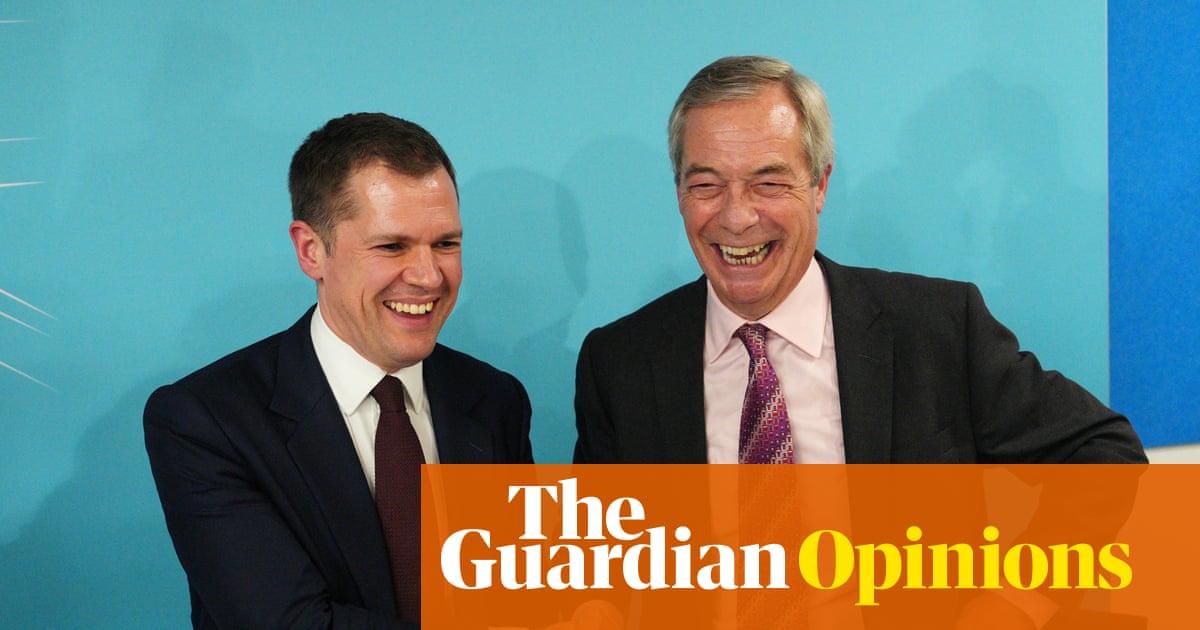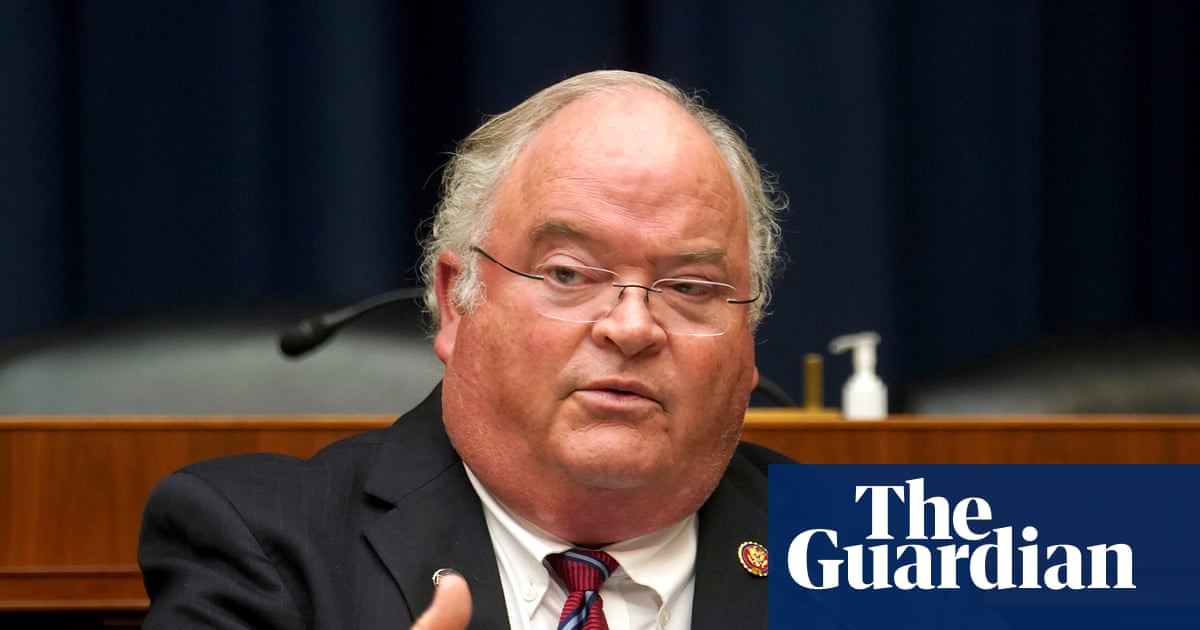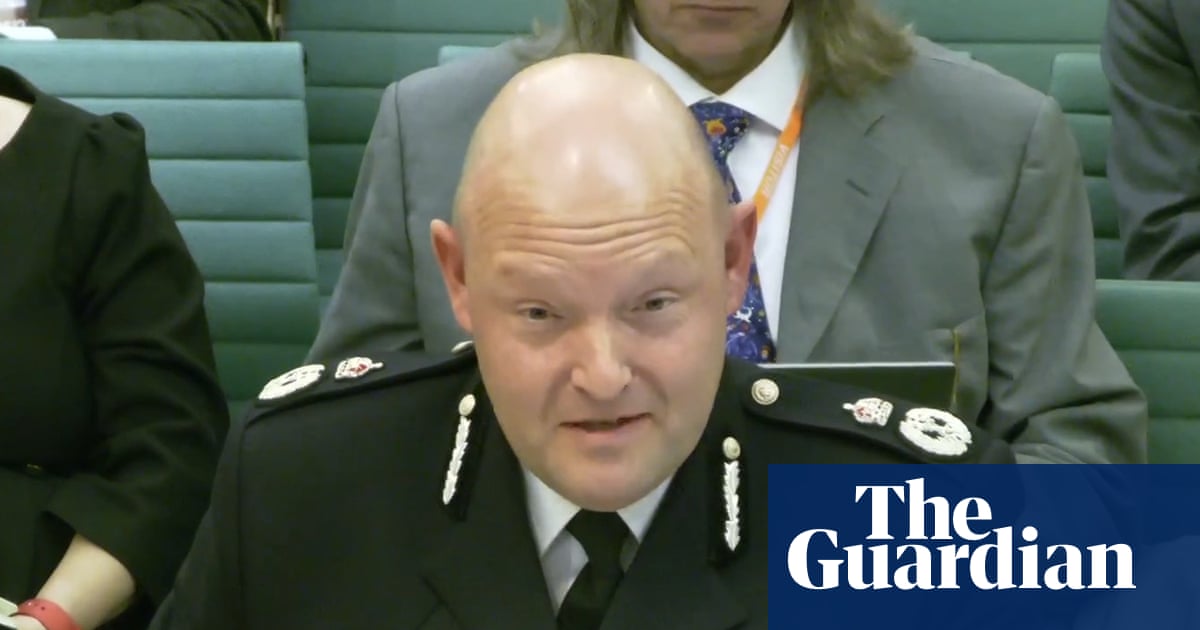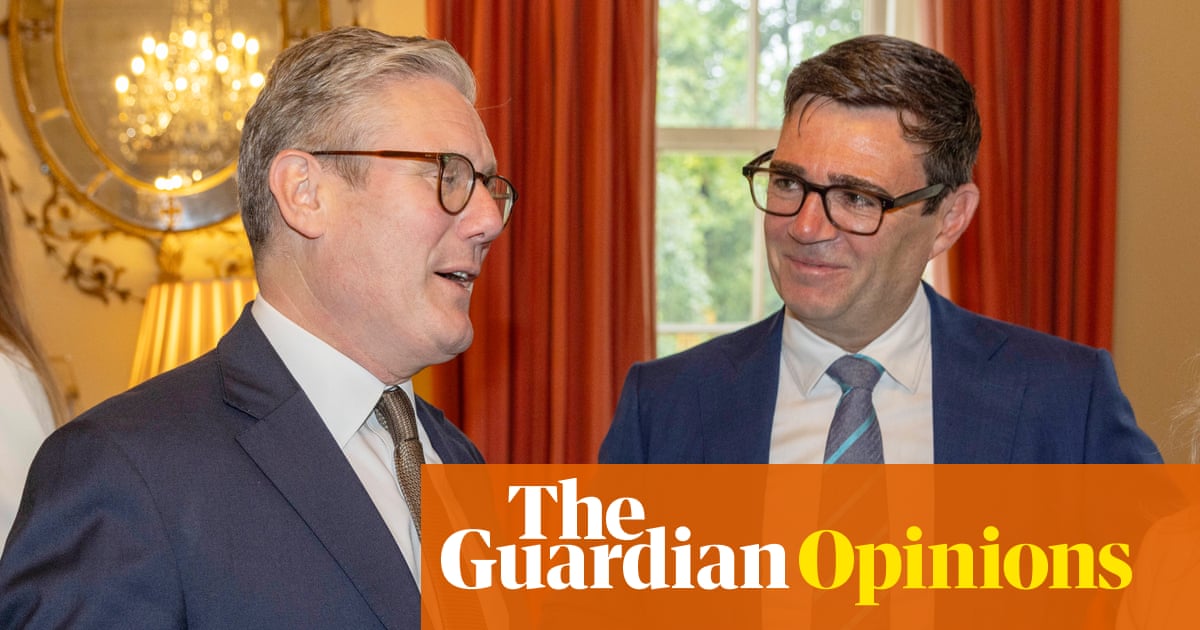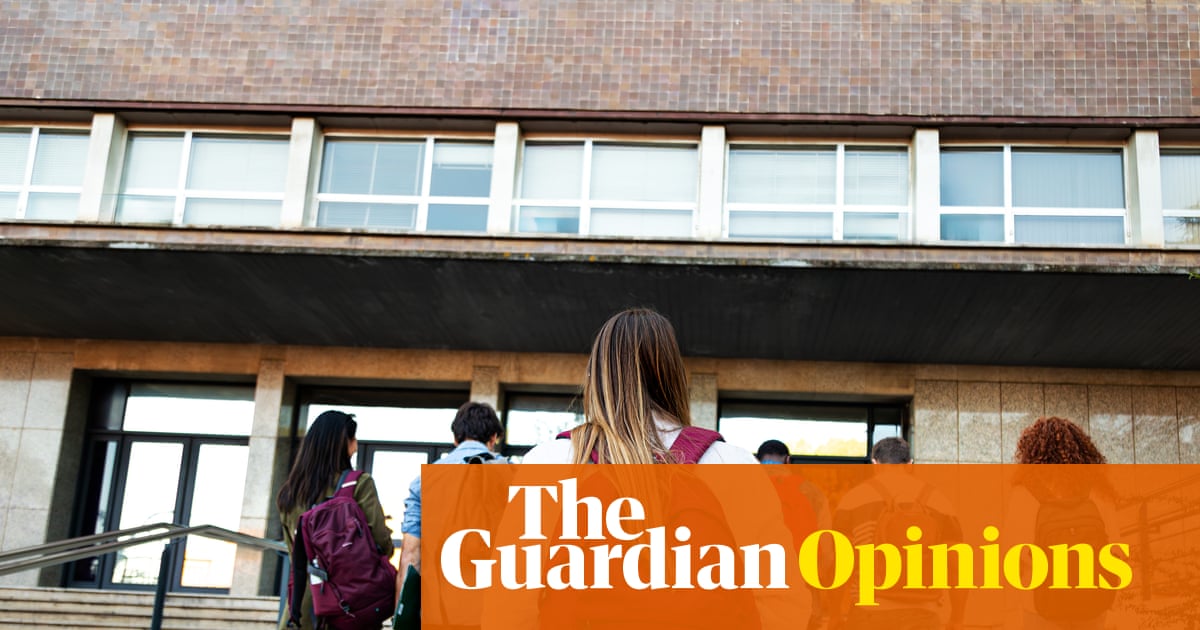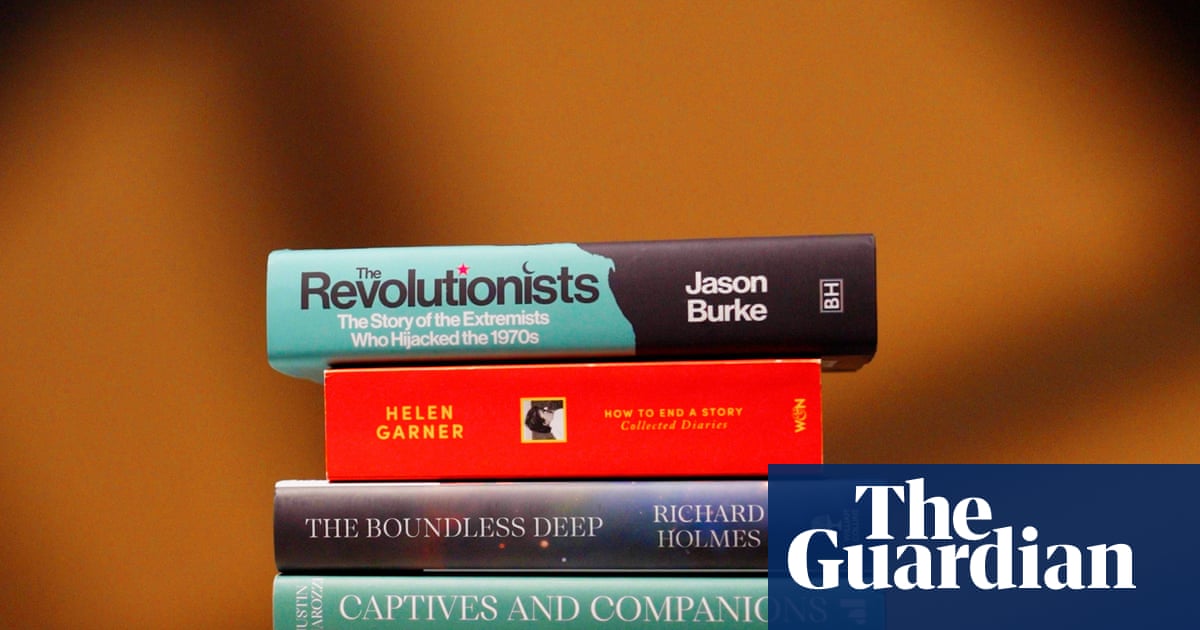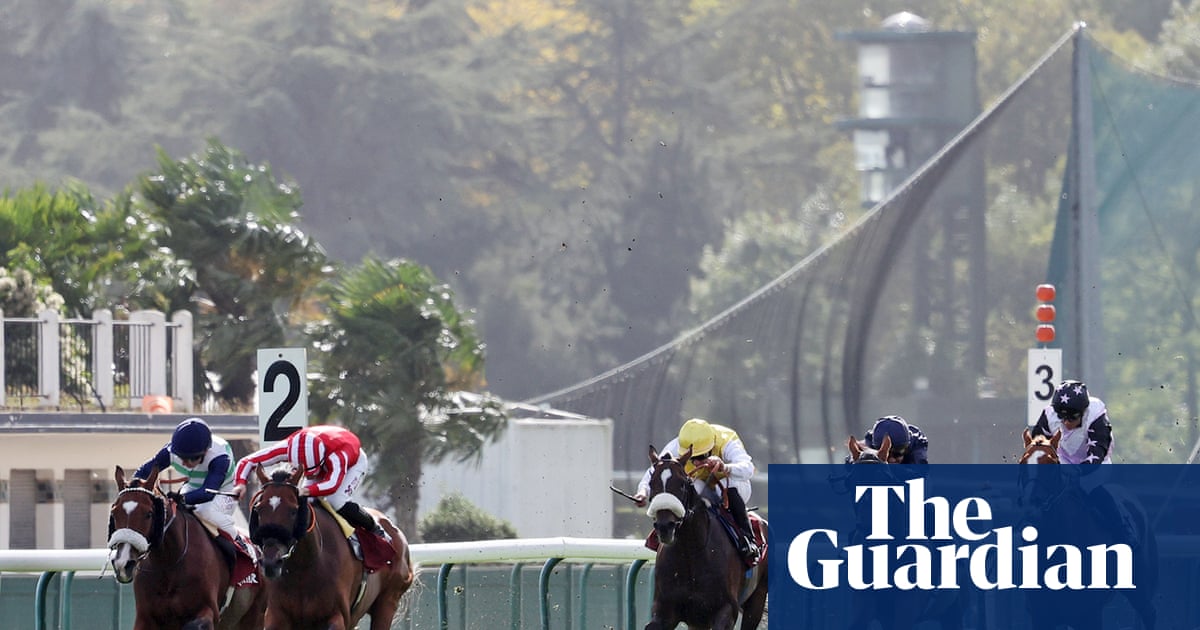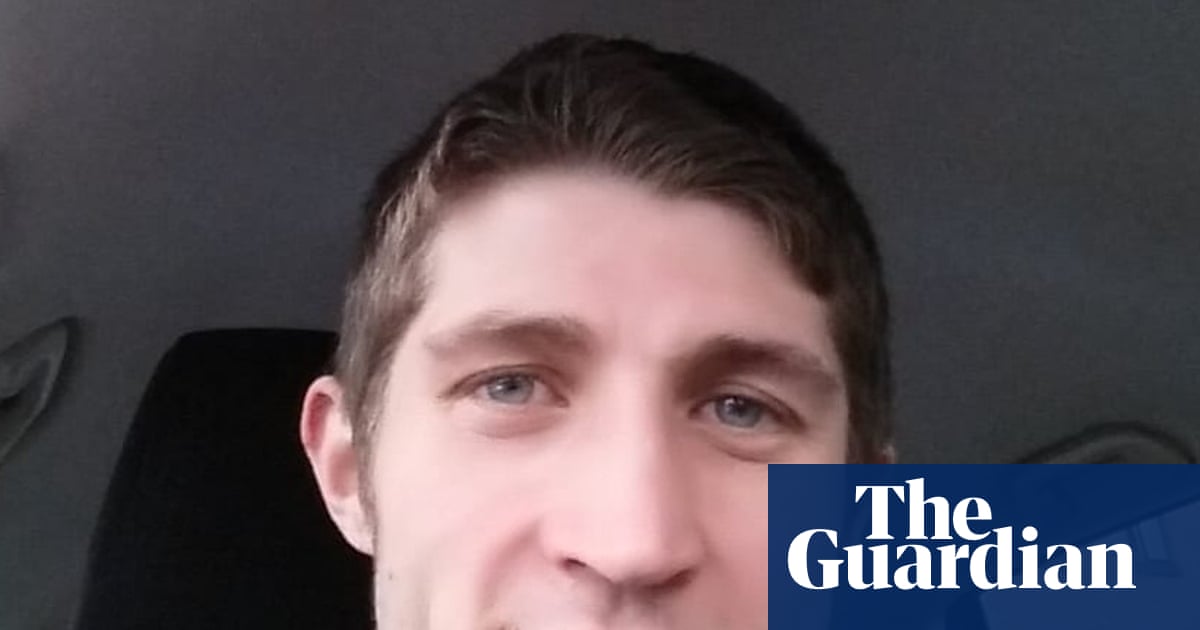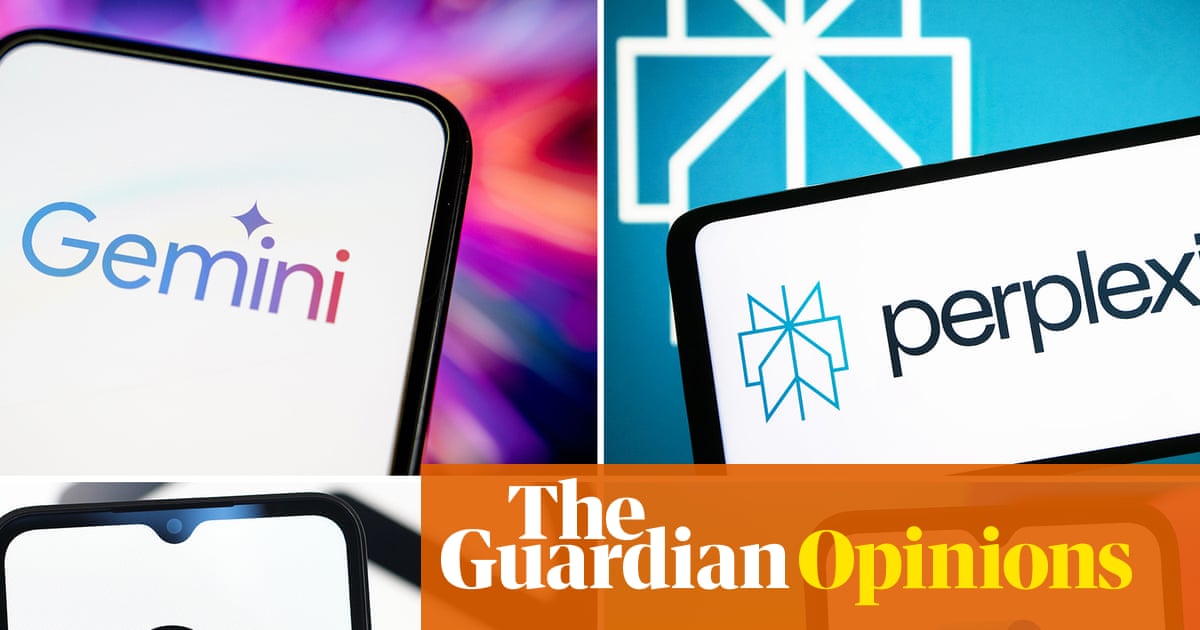“I’ve got a bit of a fat ankle, you can probably see the swelling,” Frank Lampard says, legs crossed, looking towards his right foot. At first glance it could be mistaken as evidence of his hands-on approach at Coventry training, collateral damage from partaking in those snappy rondos. The reality is a world away from frontline coaching. “I twisted it playing with the kids in Hyde Park on a Sunday,” he says, breaking into a broad smile.
It is Lampard down to a T. As a youngster he was ticked off by his late mother, Patricia, for wearing football boots to bed and once spent a weekend in Bournemouth at his uncle Harry Redknapp’s housebreaking in a pair of moulds. Lampard has always been immersed in the game, from joining Heath Park boys’ club and fulfilling his dream of pulling on a West Ham shirt to cementing his place as one of England’s greatest midfielders across 13 years and countless trophies at Chelsea. Those days have gone – Coventry represents his fourth club as a manager – but the 47-year-old still believes in being in the thick of things.
“The people I aspired to be when I started to do this and went to watch different managers, the best ones were right in the middle of the training pitch, trying to get their message across there and then,” he says. “I went to watch Pep [Guardiola] for a few days because of my Man City connections, Eddie Howe, Thomas Frank. For me, the good ones, generally, are in the middle of everything. I think that’s the best way so I am active like that and I enjoy being that way. That’s how I’d want to be coached in this modern day. It’s good to interact with the players.”
Lampard is engaging company, touching on everything from Coventry’s pacesetting start as Championship leaders to the evolution of Thomas Tuchel’s England and even Midsomer Murders. He is talking in a hospitality box overlooking the CBS Arena pitch, fresh from meeting participants from a dementia programme run by the club’s charity arm. It is one of the community projects across the English Football League’s 72 clubs that collectively engage with more than one million people a year and among those showcased across the afternoon at the ground to celebrate the EFL’s annual week of action. Coventry’s initiative resonates with Lampard whose grandmother Hilda was diagnosed with the neurodegenerative disease when he was a teenager.
“As these things are, it was very quick. I would see lots of Nanny Hilda and she would always have the tea made, the cakes and sandwiches ready. She lived in east London, not far from Upton Park, and when you’re that bit younger you don’t recognise all the signs, but it started with some memory loss and it became much more severe. It was quite scary as a family to deal with. But many, many families are coping with it and we have to help as much as we can. The positive faces I saw a moment ago show how much we can do to support.”
Coventry are the highest scorers in the top four tiers of English football; remarkably, their tally of 39 goals, courtesy of 10 scorers, has exceeded their total for the 2016-17 season, when the club were relegated to League Two, and is at least double the number mustered by all but four of their division rivals. After a couple of near misses, there is renewed optimism about returning to the Premier League for the first time since relegation in 2001. After Tuesday’s win against Sheffield United, Coventry have more points after 14 matches than four of the six automatically promoted teams had at the same stage in the past three campaigns, including Leeds and Burnley last season.
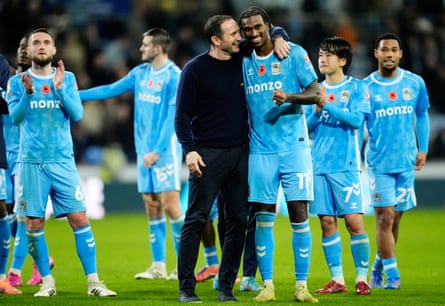
This Saturday brings a trip to second-placed Stoke, managed by Mark Robins, Lampard’s predecessor who dragged the club from League Two to within touching distance of the Premier League. It is a quirky timing; Friday marks a year since Robins was sacked with the club 17th, outside the relegation zone on goal difference. This month marks Lampard’s first anniversary in charge and he, too, went close to guiding Coventry to the top flight last season, losing to Sunderland in the playoff semi-finals. On his first day he gathered the staff into the gym, including chefs and cleaners, and told the players they were better than the table suggested. Lampard has revitalised the place.
What is the most discernible difference between the team now and the one he inherited? “Well, the team now starts to feel like a team that I want my team to look like … that’s absolutely no disrespect to what went on before because the [previous] manager had the most incredible success. But when I came in you could feel the confidence was down, when you looked at the team I don’t think there was a clear identity and that can happen without confidence. I’ve lost my job as well, so I understand what can happen. My job was to go: ‘Where can we get better?’ We have tried to create a team with real speed and energy. We want to be a very positive team in how we win the ball back and attack. At the moment I see a lot of things I like and hopefully the fans are enjoying it.”
At his unveiling Lampard was peppered with questions about why he wants to work in such a volatile industry, rather than be a pundit or practise his golf swing. “I take slight offence to that line of questioning – ‘why do you do this?’ – because I’m presuming money’s involved. I am quite driven so I do want to prove everybody wrong all the time, I think it’s a good driving force. I try not to rely on it because if you do you’ll be the best manager one week, the worst manager the next week. That’s pretty much the story.”
Lampard grins. He has felt scrutiny throughout his career, from the infamous moment when Redknapp defended selecting his nephew at a West Ham fans’ forum in 1996. Lampard won 106 caps, representing England at four major tournaments, including three World Cups, when the narrative was often that anything but victory was failure. “‘The golden generation should absolutely have won a tournament’ … well, no, we had to go against Spain, France and Germany and it wasn’t easy. And it won’t be next summer. At the same time I can imagine the work is very good, we have got good talent in the squad; it’s exciting and I hope they do very well.” Has he tired of the talk of the so-called golden generation? “Yeah, a little bit. It’s old news and people sensationalise it. I look back very fondly on my England career but we didn’t win and that’s a fact.”
after newsletter promotion
So, what has Lampard made of England under Tuchel, who has been happy to leave out big names? “You can see the direction he wants to take them, where there is a real togetherness about the team, the style, and I think it’s been positive. My generation gets spoken about a lot but it was a different time, era and group. With my group at Coventry, the most important thing for us is that we’re all together and the players professionally get on well and they know the direction we’re going and they all respect each other.”
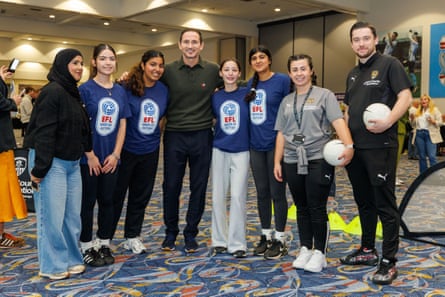
Balance emerges as a theme. He commutes from the family home in London and Redknapp is usually first to call after matches, catching Lampard on the M40. Other times he turns to music or podcasts to wile away the journey. He added The Enemy – the Coventry band who before Tuesday’s win performed We’ll Live and Die in These Towns, a song adopted as the club’s pre-match anthem – to his playlist and in the summer saw Oasis three times at Wembley. “I remember their [first] albums coming out, I was 17, 18, and I was very ready for that at the time,” he says, smiling. “It was a sweet spot for my era.”
Does he tend to steer clear of sport when it comes to podcasts? “I listened to Steven Bartlett with Jürgen Klopp the other day and that was very interesting. But, yeah, generally I like to go away from it. I like politics or crime. Murder mysteries. I listen to Dateline. I’ve got that kind of weird fascination with these things: how do these things get solved?”
Overworking can be glamorised and Lampard confesses he is a “workaholic” but recognises the value of time with his seven-year-old daughter, Patricia, and four-year-old son, Freddie. “It just gives me a bit of a softener,” he says. “I have four children: my eldest daughters are at university, one in Scotland, one in London, and my younger ones keep me busy, so I enjoy being at home with them and my wife. That’s what I love doing. If I get a day off, I’m very, very happy to be doing the basics of life, that’s the perfect switch-off.”

 2 months ago
59
2 months ago
59
